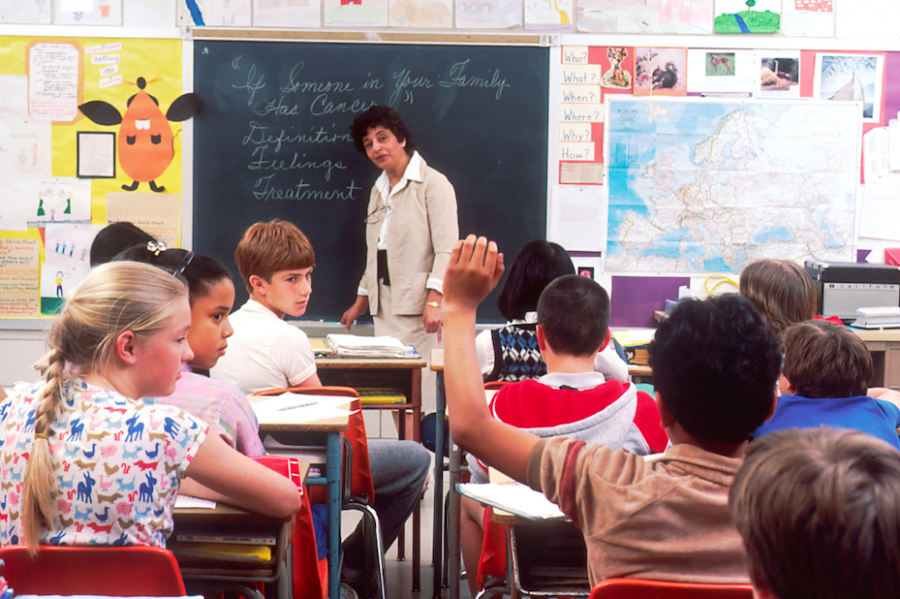“We must clear away the twisted web of lies in our schools and classrooms and teach our children the magnificent truth about our country.”
-Donald J. Trump, September 17, 2020
Our Punahou community needs to have a conversation, and we need to talk through this now.
There are people who believe that the protests and social unrest currently happening throughout the country are the result of anti-American attitudes being disseminated in our schools. In an effort to blame the protests on education, the Trump administration is supporting a new curriculum called the “1776 Commission” that focuses solely on American exceptionalism, a highlight reel that glosses over the more troubling aspects of our nation’s history.
This is not only an attack on the core principles of critical thought and multi-perspective approach that are characteristic of a Punahou education, but also an attempt to ignore systemic racism in our country and erase a narrative that needs to be heard. There is no better time to have a conversation about this issue in our school community. We can begin by developing courses of study where students can openly discuss the implications of racial inequality in the U.S.
The Black Lives Matter protests that sparked broad support around the world were triggered by the pent up anger and frustration that resulted from senseless murders of innocent people, without any consequence to those responsible. This has little to do with the lack of patriotism in school curricula, but rather the apathy of those who deny and fail to recognize prejudice as a national issue. This makes it almost impossible to solve the problem without discussion and education.
Patriotism is not only displayed through the celebration of great achievements and photo ops under the flag, but also through the commitment and challenge to critique and improve our nation.
As part of the Hawaii community, we are sympathetic through learning about the American annexation forced onto the Hawaiian people. We also know that this is similar to the experience of Native Americans who were forced to leave their lands and cede sovereignty.
The racism and oppression in our history is not something to be proud of, but it is our obligation to remember it and to be compassionate to those whose lives were affected by those events. Imagine how distorted the Social Studies curriculum in Germany would be without the Holocaust.
The Punahou community should not be standing on the sidelines in this crisis, but instead be a leader in this national reckoning.
Studying history is about understanding and reflecting, and to condense a topic such as racial injustice down to a single unit as Punahou currently does has very little impact on students. Schools need to develop a curriculum that compels students to not only identify inequalities, but to be able to connect and analyze the long term effects of intolerance, and how it perpetuates systemic inequality.
Education should be a powerful instrument to combat intolerance, not reinforce it. While middle school classes read about the Civil War and study the Civil Rights movement, there are no courses further provided to students to address contemporary issues on race. Although there are U.S history classes that are offered in the Academy that touch on issues of race and inequality, I think that this topic deserves its own course in the Social Studies Department.
This country’s president is trying to set the educational system as the prime target in the culture wars. Personally, I don’t believe that education is the source of protest and genuine distrust of the government—I think that the problem is the indifference to the suffering of people.
If you disagree with me, I respect that, but I’d like to have the chance to debate and learn with you in a classroom where we can all contribute our ideas, and build opinions that are not inherited from parents or influenced by partisan politics. Let’s have a class at school that allows us to have this conversation, with an openness to various points of view.
We need to sort this out while we still have the capacity to listen to each other. Punahou’s theme for this year is “perspective,” and having more courses that focus on issues of race and inequality in America seems both appropriate and patriotic to me.
Let’s start the conversation.

